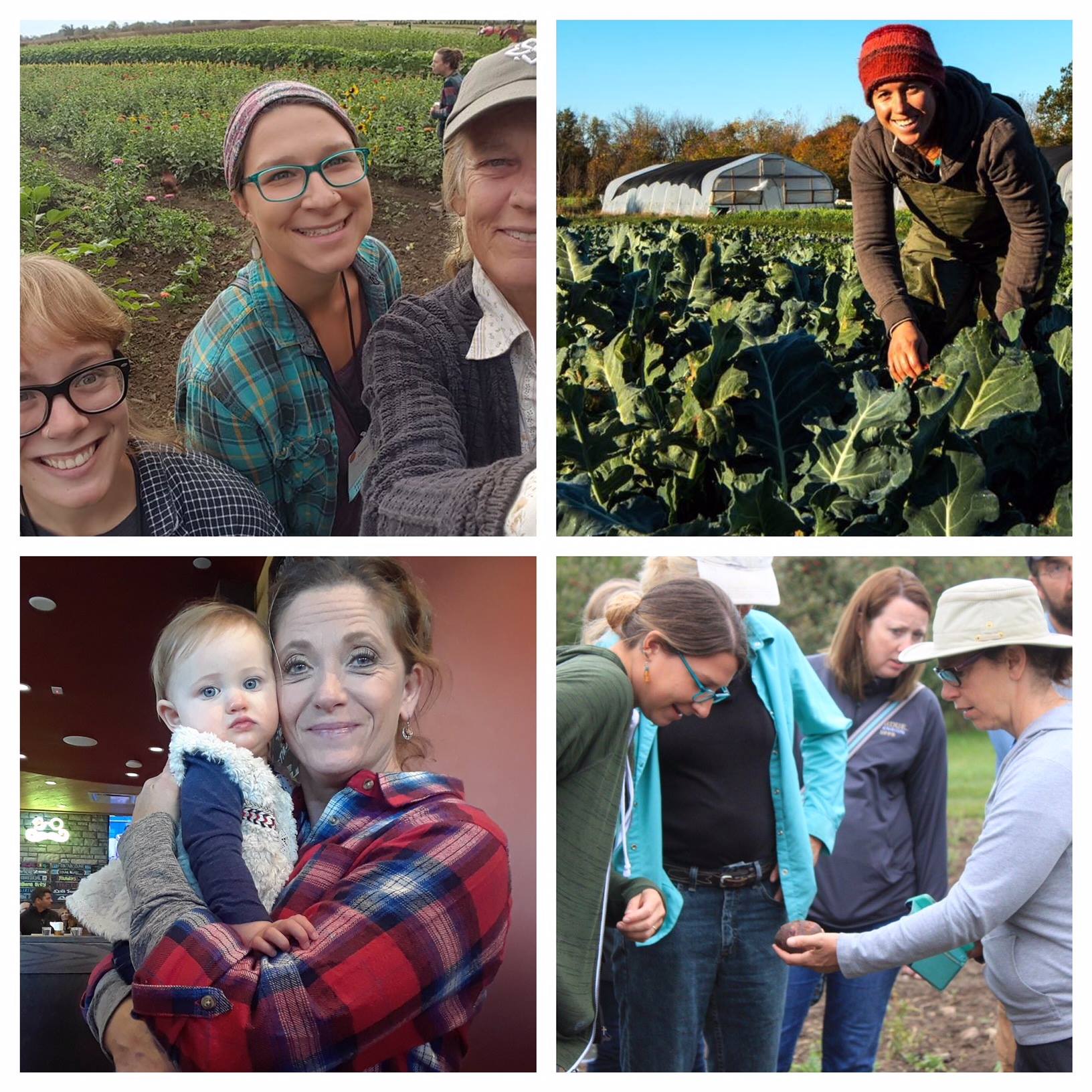By Sherri Dugger
“There is power in numbers.”
It was a simple concept. It was cliché. It was also the truth, and it was the only way I knew to explain to 25 female farmers how Indiana Farmers Union and National Farmers Union worked.
“I believe in transparency, and I believe in truth,” I went on to say. “This is about membership development. The more members we have in this female farmer chapter, the more we can ask the state chapter to support us. The more members Indiana Farmers Union has, the more it can ask from National Farmers Union. The more members National Farmers Union represents when lobbying on Capitol Hill, the more power it has to create real change in our very broken food system. Right now, National Farmers Union represents 220,000-plus family farmers. We should have twice those numbers.”
The women and I were meeting to establish the first-ever female farmer chapter under Indiana Farmers Union. In 2017, I’d worked with Indiana Farmers Union board members to rewrite the state union’s bylaws so that interest-based chapters could be established. Historically, geographically based chapters have been the norm. Over the 60-plus years Indiana Farmers Union has been in operation, county chapters have come and gone. But times are different now. Just because two farmers live in the same county doesn’t mean they agree on how to farm. It doesn’t mean they’re going to want to band together and form a chapter. It doesn’t even mean they like each other.
We live in a polarized world. How we choose to farm, what we eat, how we vote, and whom or what we worship all serve as great dividers. If we’re going to create change on local, regional, and national levels, we—as union members—have to find our people. We have to fight the good fight together. Thanks to the many social media platforms available to us now, this is a much easier task than it once was. In today’s world, farmers can connect, network, and build momentum with fellow farmers all over their state and nation. National Farmers Union, along with its state charters, makes sure of it.
After the bylaws were changed, I helped to establish a chapter under Indiana Farmers Union that focuses on industrial hemp. This chapter has been active since its inception by hosting hemp-based dinners, screening films, organizing panel discussions, and lobbying both at the Statehouse and on Capitol Hill for the legalization of industrial hemp and its byproducts in our state. The industrial hemp chapter under Indiana Farmers Union is doing exactly what a chapter should do. Members are advocating for farmer and consumer interests, and they are asking for—and receiving—support when they need it. And this is only one example of what could be.
It is my hope that more interest-based chapters will form. I envision chapters focused on permaculture, organics, aquaculture, vegetable production, animal husbandry, and more. Our members are our policy makers. We engage elected officials on issues that come directly from our membership and press lawmakers to implement and enforce laws and regulations that will strengthen agriculture in Indiana. You tell us what’s important to you, and we’ll get to work—together.
Indiana Farmers Union is ready to represent the many diverse interests and agricultural approaches seen within its membership. The union is democratic. It is grassroots. At its core, INFU and NFU policy supports organization and activism. We believe in the power of people. We believe in numbers.
When we held that first official female farmer chapter meeting, it was a bitter cold morning in January. By the time that meeting started—10 a.m.—the temperature outside stood at 0 degrees. Some women had driven nearly three hours to attend this gathering. Despite the cold outside, the energy and excitement in the room was palpable.
0 degrees. 3 hours. 25 women. There’s power in those numbers, too.


